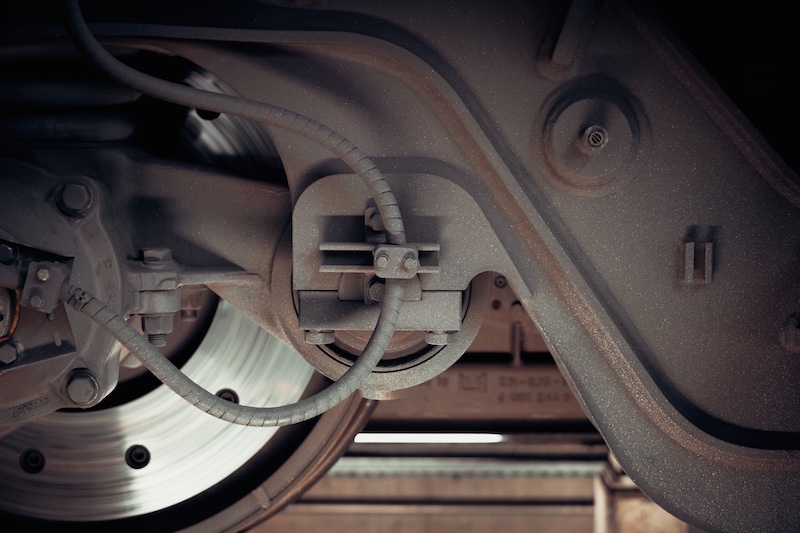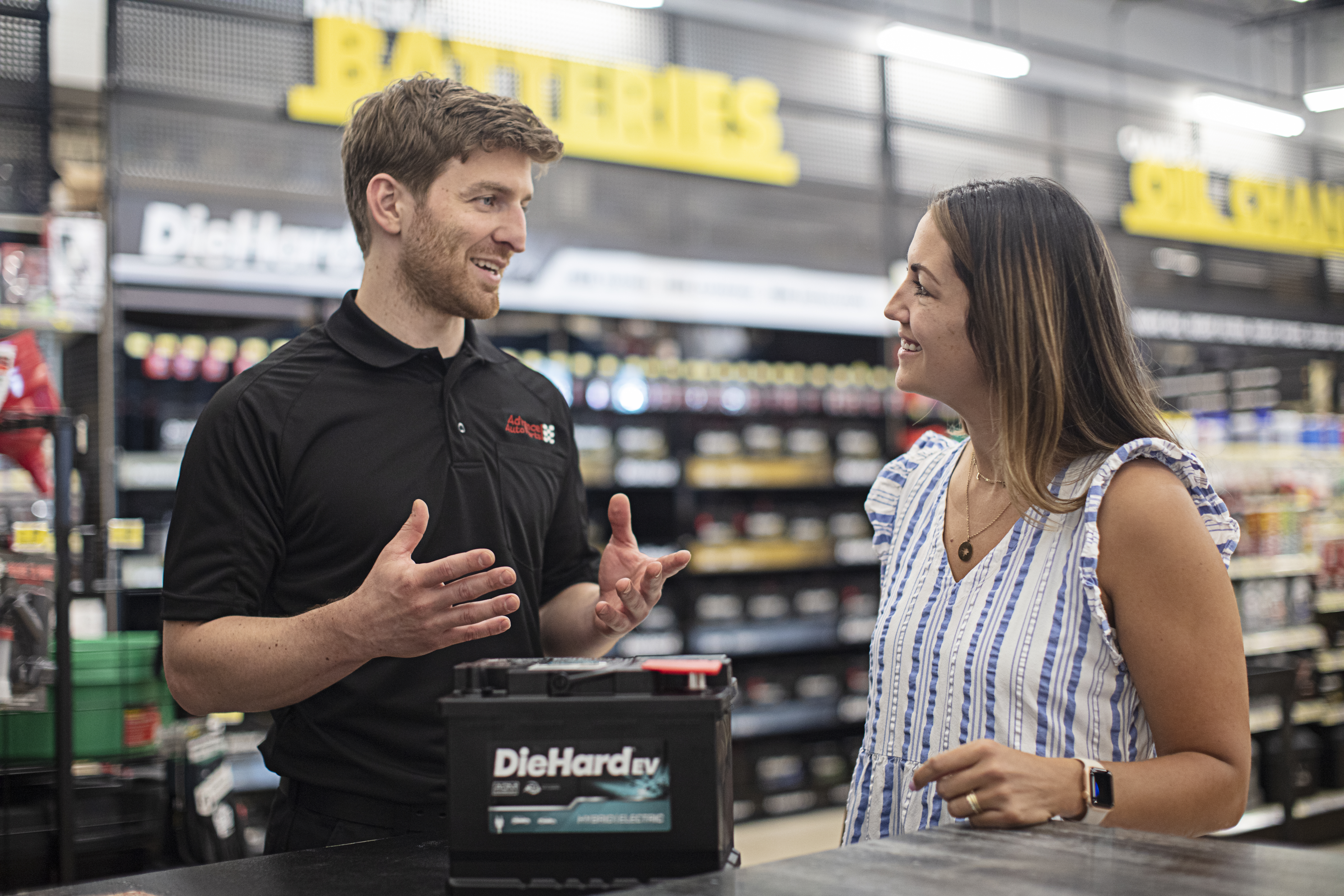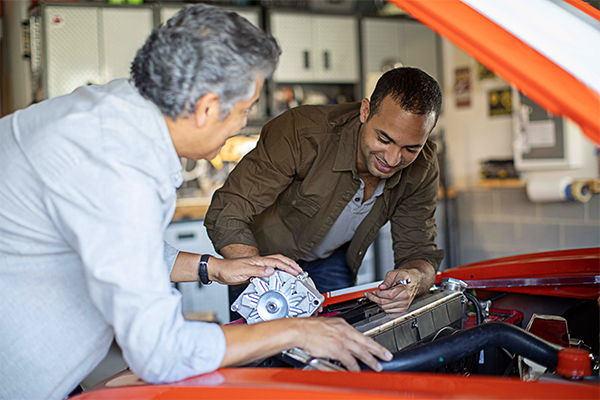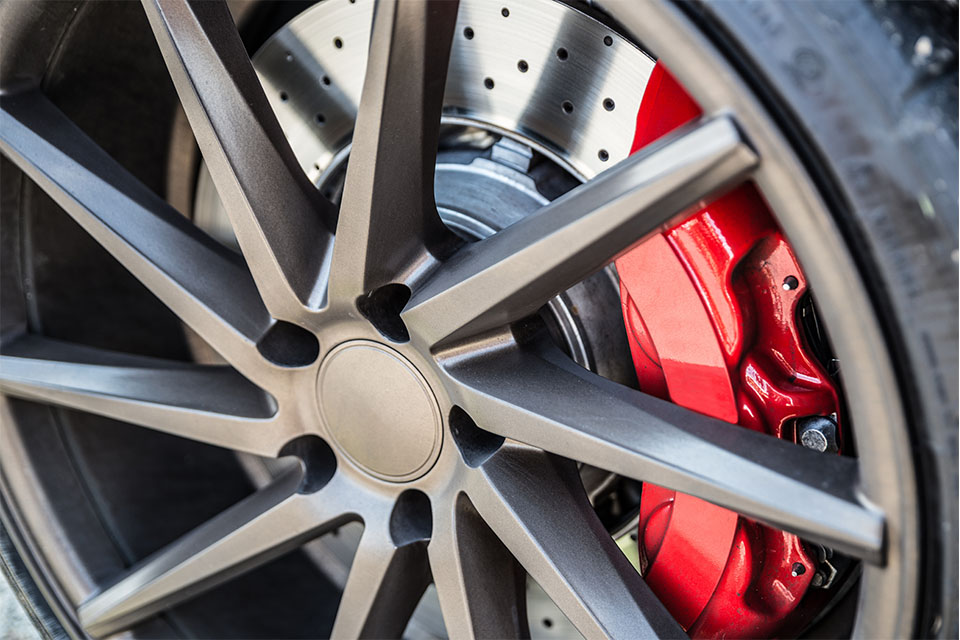
Source | ProjectManhattan
The right tools are a must for any DIY garage, and once you've covered the basics, it's time to build on them. Bigger and more detailed tasks require specific and capable tools. Here's what to get once you are ready to level up your mechanical skills.
Air compressor
Air compressors open up a new world of adaptability and tool shopping. A compressor uses a motor to pressurize air stored in a tank. This pneumatic pressure can be used to operate dozens of different air tools, everything from an impact wrench or inflator to nail and paint guns. Having compressed air do it for you is a serious time and energy saver. A small 6-gallon-or-less compressor is fine for casual wrenching and small tasks, but aim for a larger tank and higher CFM airflow for tasks like painting.
Tip: When you upgrade to air, make sure that you get a good-quality impact wrench to go with the compressor, and you will probably want to upgrade your sockets as well. This is no time to cheap out!
Ratcheting wrenches
Traditional wrenches get the job done but can make the job tedious when you're working in confined spaces. Grip the bolt, turn one or two degrees until running out of room, take it off and readjust. Repeat for what feels like hours, right? Not anymore. Ratcheting wrenches put the functionality of a ratcheting socket wrench into the ultra-slim profile of a wrench. Get the boxed end onto the bolt, and pull a few degrees to advance the bolt. The boxed end holds the forward progress when you run out of room and angle back. These wrenches are larger than traditional ones, but their convenience and speed are unbeatable.
You'll want to select several ratcheting wrenches: stubby, wobble ratchet, long and short, and others that will help you get to hard-to-reach spots and tight clearances. You'll also want to invest in good ratchets and socket sets, from 1/4" drive up to 1/2" drive, and a variety of extensions.
Creeper
Speaking of that hard cement floor, lying on it while changing your oil will make your bones ache the next day. You can fix that issue with the unfortunately named creeper. Basically a low-slung rolling chair for your entire body, a creeper allows you to slide easily under the vehicle to access what you are working on, or easily out from under when you need another tool. There's a lot of variety with creepers, especially in prices.
In a basic mechanic's creeper, look for good-quality casters for easy rolling and check the length to make sure it's long enough to fit your body. A padded headrest and storage trays are nice, too. Newer creeper designs are high-strength plastic and are contoured to fit your body a bit better.
Torque wrench
Cylinder head studs need to be tightened to a specific torque. Guessing and getting the torque wrong can cause a head gasket leak, among other serious problems. Don't guess. Tighten bolts to the right spec every time, with a torque wrench. The click type torque wrench is the most common and emits an audible click when it reaches its desired torque. Beam types aren't quite as easy to use but are even more affordable. Digital torque wrenches are new tech, however the convenience of a large digital display is hard to beat. No matter which type you get, it will quickly become your favorite wrench.
Code reader
When you are serious about doing it yourself, it helps to know just what that check engine light means. A code reader connects to your vehicle's diagnostic port under the dash to communicate with the vehicle's computer. Everything from misfires to fouled injectors, bad sensors, and a loose gas cap can be diagnosed in about a minute. Code readers aren't the cheapest tools, but one can service multiple vehicles and will pay for itself in the long run.
The type of code reader you need will depend on your vehicle. The more sophisticated OBD systems on newer vehicles may need a more advanced scanner device. Remember, though, that a trouble code doesn't necessarily just mean that the sensor in question is bad. Something may be making that sensor send a bad reading and register the trouble code. Your diagnostic skills will come into play then, as you read between the lines to figure out trouble codes!
Shop vac
A shop vac isn't just for when you make a mess. Sure, it can get stale french fries out of your minivan carpet, but it can also clean grass clippings off the garage floor or the filthy grit from the intake manifold of your new project. There's also wet/dry vacs, for spilled coolant or other liquids. Like a vehicle, shop vacs have their own accessories so you can adapt it to your needs. Some examples are crevice tools for small spaces, brushes for carpet work, and mufflers to make it easier on your ears.
Anti-fatigue mat
Garage time can be a great time, but standing on a hard surface for several hours can be rough on your feet and back. Give your body a break with some anti-fatigue mats. The slightly squishy-feeling mat forces your feet and legs to subtly adjust to the surface, which keeps blood circulating and prevents tiredness.
It sounds too good to be true, but a University of Michigan study showed anti-fatigue mats reduce fatigue and discomfort by up to 50 percent. That's more energy you could use to replace the water pump. Place a few mats in high-traffic areas, like in front of a work bench or grinder.
Any suggestions on other intermediate tools? Let us know your toolbox must-haves in the comments below.







